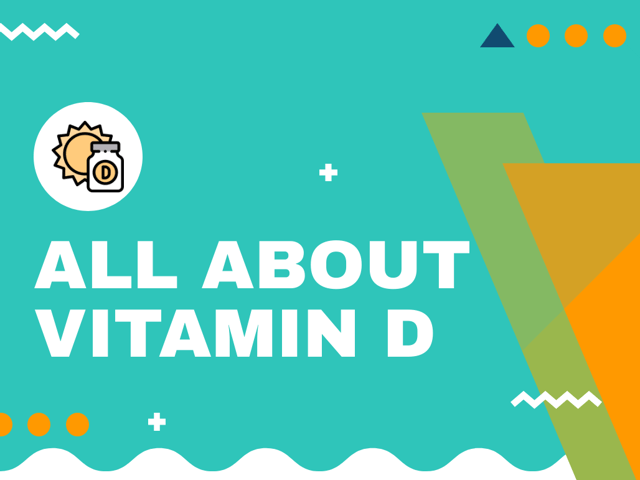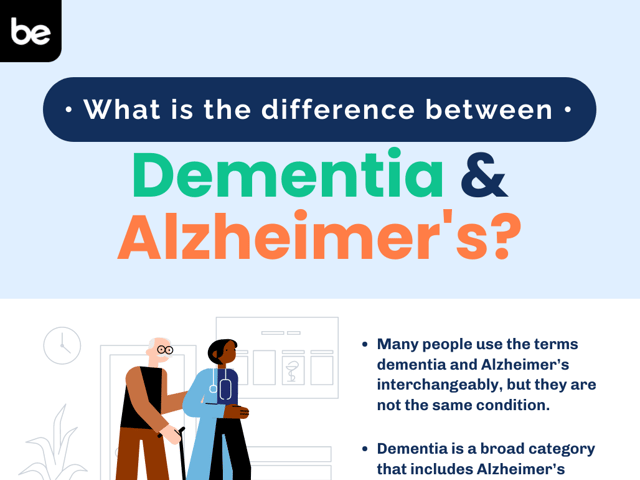
All About Vitamin D
There has been a lot of information published lately about the benefits of vitamin D, which has led many people to question its value and how they can ensure they are receiving enough of this important vitamin. Vitamin D is a fat-soluble vitamin that is naturally present in only a few foods, such as fatty fish, liver, eggs, cheese, and mushrooms.
Natural Sources of Vitamin D
Vitamin D is found in only small concentrations in very few foods, but people generally get vitamin D through exposure to sun. When the ultraviolet rays from sunlight hit an individual’s skin, it triggers vitamin D synthesis in the body. This process is different from consuming vitamin D, when it is absorbed in the small intestine.
Benefits of Vitamin D
The benefits of sufficient vitamin D levels are the promotion of calcium absorption in the stomach and the maintenance of adequate serum calcium and phosphate concentrations. These levels enable normal bone mineralization and prevent hypocalcemic tetany, or the involuntary contraction of muscles, such as during cramping or spasms. Vitamin D is also required for bone growth and remodeling. Without sufficient vitamin D, bones can become brittle or misshapen. This vitamin also prevents rickets in children and osteomalacia in adults. It also protects older individuals from osteoporosis.
Vitamin D Dosage Guidelines
The recommended daily allowance for vitamin D varies by age. For many adults and children over the age of one, this level is 600 IU. Infants under one year of age need slightly less at 400 IU, while senior citizens over the age of 70 require slightly more at 800 IU. For those who are unable to get the recommended daily allowance through diet or exposure to sunlight, a supplement is often required.
Cautions Concerning Vitamin D Supplements
Vitamin D toxicity, called hypervitaminosis D, is rare. But, if encountered, it can be a serious condition. It is generally caused by large doses of vitamin D supplements rather than through diet or sun exposure. The primary concern is the buildup of calcium in the blood, which can cause nausea, vomiting, weakness, and frequent urination. The condition may also progress to cause bone pain or kidney stones. For this reason, you should never take more than the recommended dietary allowance of vitamin D.

Keep Reading

National Council Licensure Examination-Practical Nurse Blog
How Long Should I Study for the NCLEX-PN?
For aspiring nurses, the NCLEX-PN is a critical hurdle on the path to b…

National Council Licensure Examination-Practical Nurse Blog
How to Become an LPN
Would you like to average $30 dollars per hour in a rewarding full-time…

National Council Licensure Examination-Practical Nurse Blog
What Is the Difference between Dementia and Alzheimer’s?
Many people use the terms dementia and Alzheimer’s interchangeably, but…